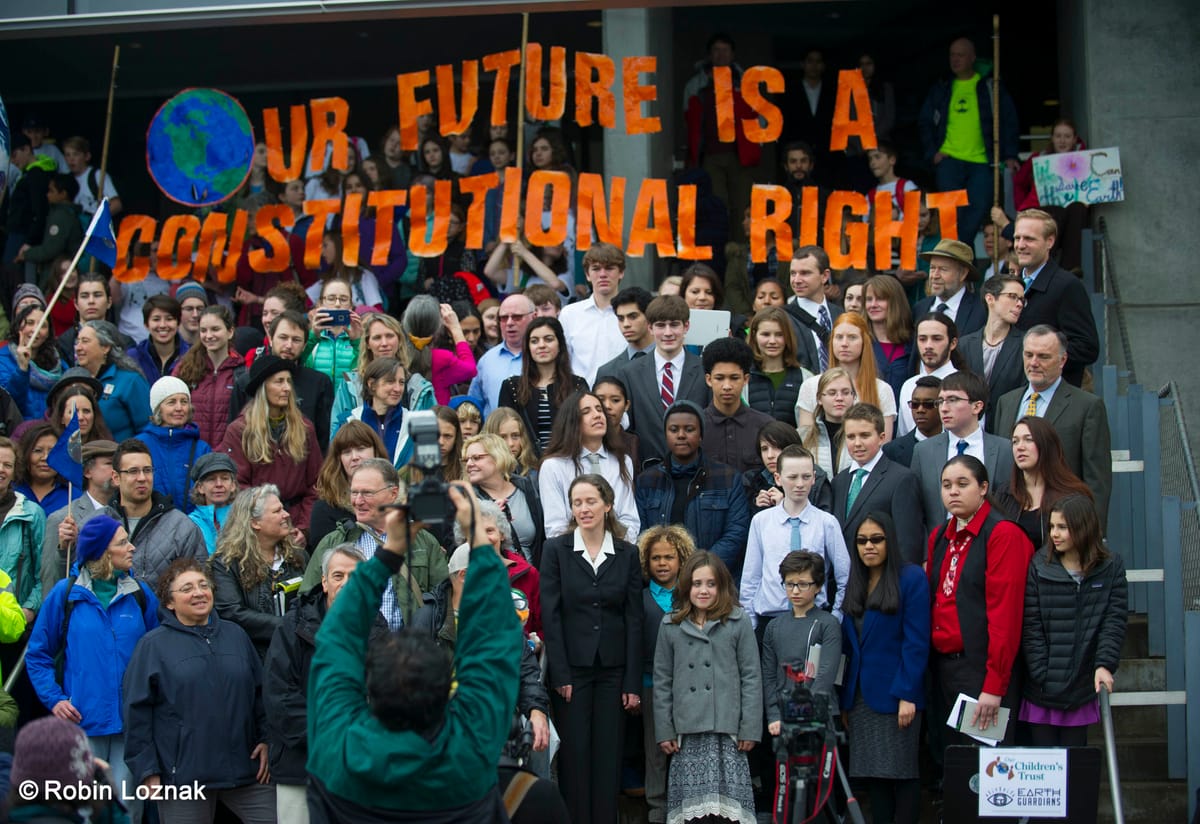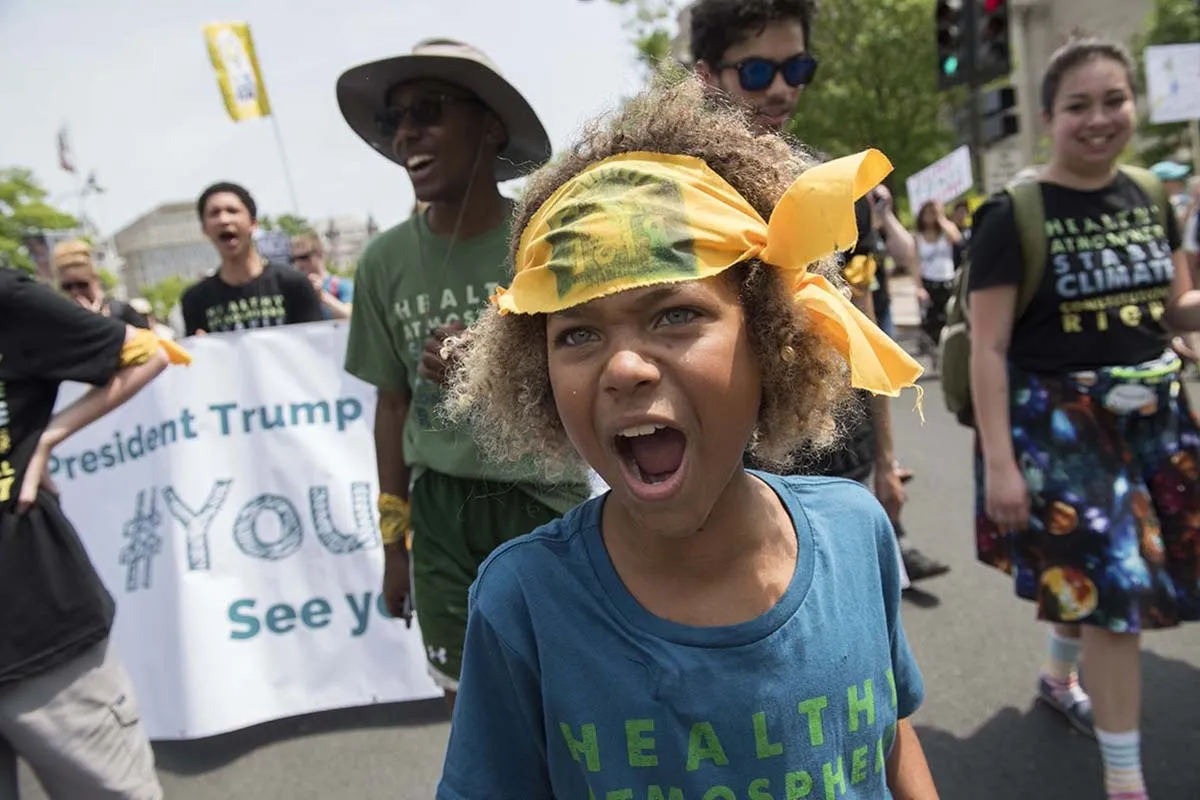The Silencing of Juliana

In 2015, 21 plaintiffs ranging in ages from eight to 19 filed a landmark case against the federal government, alleging that the government’s actions, like its policy support of fossil fuel extraction and its emissions-heavy infrastructure, knowingly contributed to climate change. Their argument was a legal reading of a moral issue: that a safe, stable climate is a fundamental constitutional right, and that the through decades of inaction and environmental negligence, the government had violated that right. Juliana v. United States argued Constitutional protections should be extended not only to those living within the climate system, but to the system itself, and that the U.S. government violated constitutional rights to life, liberty, and property by contributing to climate destabilization. The case sought not monetary compensation, but a court order requiring the federal government to implement a science-based climate recovery plan. It asked that the judiciary not merely interpret laws, but that it mandate specific climate action as a matter of fundamental rights.
The judiciary, unsurprisingly, demurred.
After years of procedural battles and multiple appeals, the case was dismissed by the 9th Circuit, which agreed with the plaintiffs on the urgency of the crisis, but ruled that the courts lacked the authority to provide the remedy. Despite this, the plaintiffs continued pressing forward, revising their complaint and attempting to reintroduce the case.
And on March 24, SCOTUS, without comment, dealt the killing blow, denying a request by plaintiffs to hear their case and, in doing so, effectively ending the federal case after a decade of legal effort. This was the second time in less than a year that SCOTUS refused to extend a lifeline to the Juliana challengers. The justices last November declined to grant a writ of mandamus, a tool that would have forced a lower court to reverse a loss it delivered to the challengers.
Had SCOTUS agreed to hear the case, it would have signaled a willingness to recognize climate harm as a constitutional issue—something U.S. courts have traditionally avoided, asserting instead that solutions to climate change must come from the legislative or executive branches. This deference leaves a legal vacuum for those seeking redress for the climate crisis through the courts. Juliana presented a rare, potentially groundbreaking opportunity for the judiciary to step into that vacuum and affirm that the government bears a constitutional duty to safeguard the environment for future generations. We are owed not short-sighted, unfettered capitalistic growth; we are owed an active understanding that our relationship with the natural world is broken. We are owed a comprehensive plan on how the United States—the second-largest emitter of greenhouse gases on the planet—will address that rupture.
There's no surprise here, in the end—given the historic unwillingness of the government to take responsibility for its decades not only of dismissal of climate concerns but of active harm, it was unlikely we'd see a federal government contrite about this or any other issue.

There is some hope still to be had in the response of individual states to the case. The Montana state Supreme Court ruled in favor of the youth plaintiffs asserting their constitutional right to a clean and healthful environment. Hawaii recently settled a similar, youth-led case by committing to fully decarbonize its transportation system by 2045. These victories show that state courts may be more willing to engage with the urgent moral and scientific stakes of the climate crisis, but they are piecemeal, and they are small, and we worry they are too little, too late.
The need for federal recognition remains.
SCOTUS's refusal to engage with Juliana signals in no uncertain terms the continued unwillingness of the highest levels of the judiciary to grapple with the realities of climate harm as a matter of fundamental rights. Your fundamental rights. Your children's.
And their children's, if we make it that far.
Comments ()